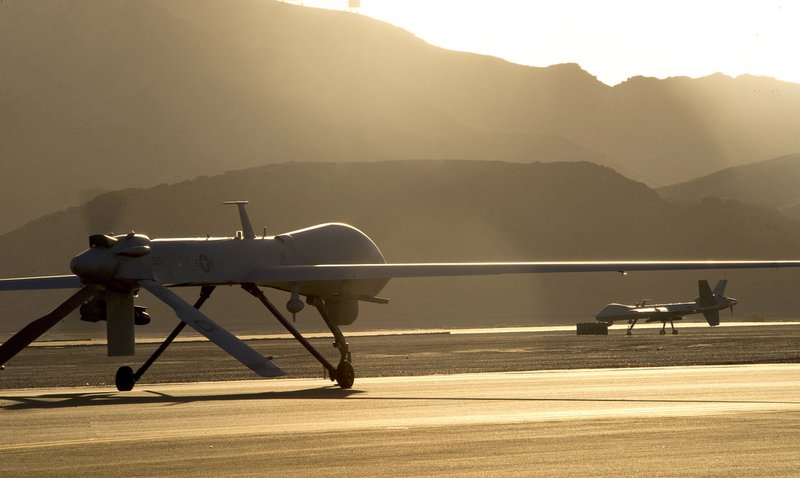Pakistan Set to Mark One Year with No U.S. Drone Strikes: Is the War Over?
Blog Post

U.S. Air Force photo by Airman 1st Class Christian Clausen/Released
July 3, 2019
On July 4th, as Americans celebrate their country’s Independence Day, Pakistan will quietly mark another date – a full year without a reported American drone strike in the country – assuming there is not one tomorrow. It is the longest halt of strikes in Pakistan since the campaign began in 2004. It surpassed the nine-month pause that began at the end of the Obama administration continuing into the early Trump administration months ago. This state of affairs raises a significant question: is the drone war in Pakistan over?
The last American drone strike in Pakistan, according to New America’s research, occurred on July 4, 2018 when a U.S. drone killed Qari Abdullah Dawar, the chief commander of the Hafiz Gul Bahadur group of the Taliban, as he was walking in the Tor Tangai area of North Waziristan.
What’s more that strike cut an earlier pause short four days prior to it hitting the five-month mark. The last strike before the July 4, 2018 strike, according to New America’s research occurred on February 8, 2018 when the United States targeted a Haqqani compound in North Waziristan, killing Khan Said Mehsud, the deputy commander of the Pakistani Taliban.
Even when the Trump administration did conduct strikes in Pakistan, it never came close to the number of strikes that occurred during the peak of the campaign when the Obama administration conducted 122 strikes in 2010. Since 2015, the United States has conducted no more than 10 strikes in Pakistan in a calendar year, according to New America’s count.
It is of course possible that the United States will conduct a strike in the near future. As noted, the United States broke the previous almost five-month pause with a strike that killed the Pakistani Taliban’s deputy commander.
However, it appears that contrary to some reporting in 2018, far from coming back, the drone war in Pakistan may have instead come to an end. That it is not clear whether the drone war in Pakistan is over, paused pending a future in which the United States strikes future targets of opportunity occasionally but does little more, or is simply undergoing a short pause before a larger escalation illustrates the challenges of ending America’s forever wars. Whatever, the nature of the halt in strikes, the one-year pause calls for further research into its cause. Sometimes, the big stories regarding America’s counterterrorism wars aren’t about new events but the absence of events.